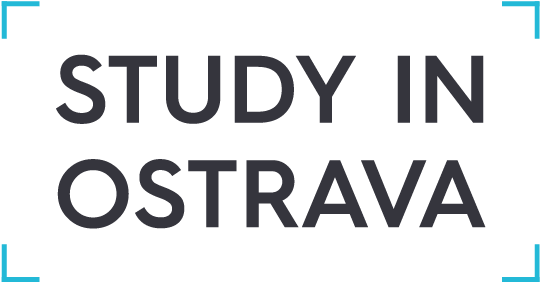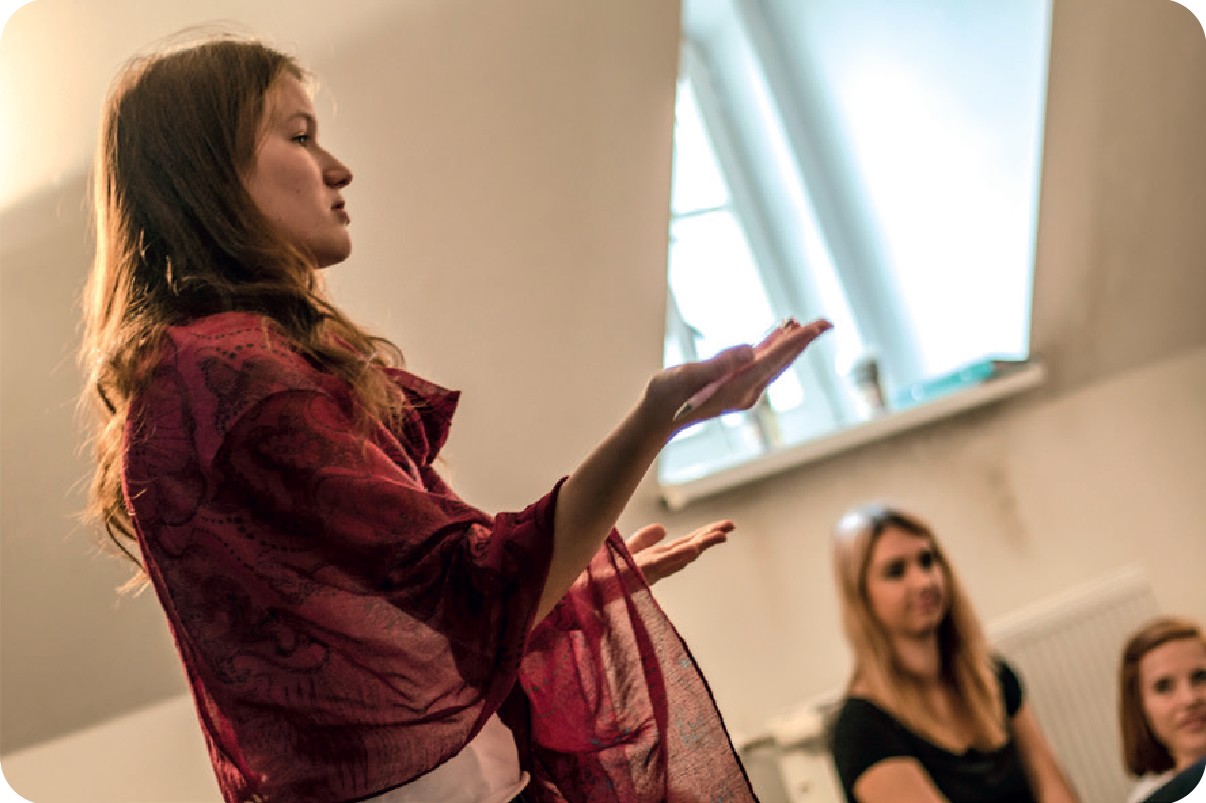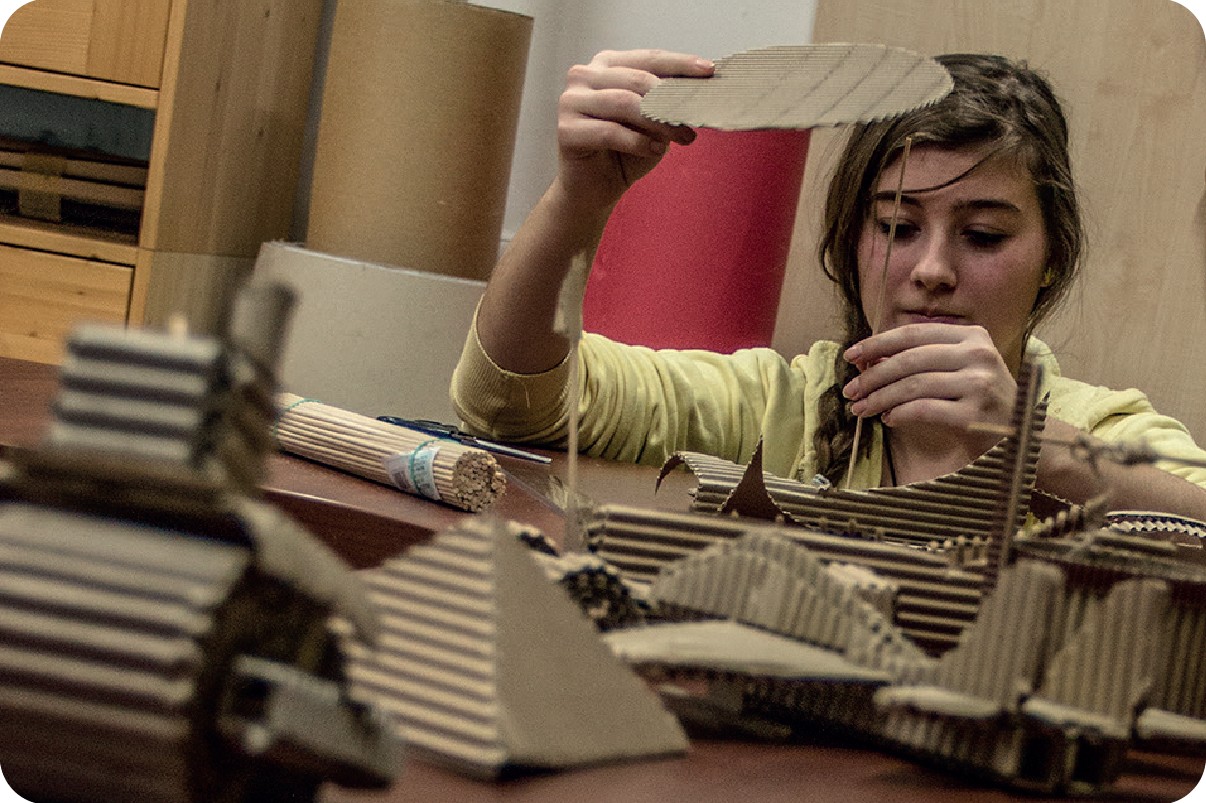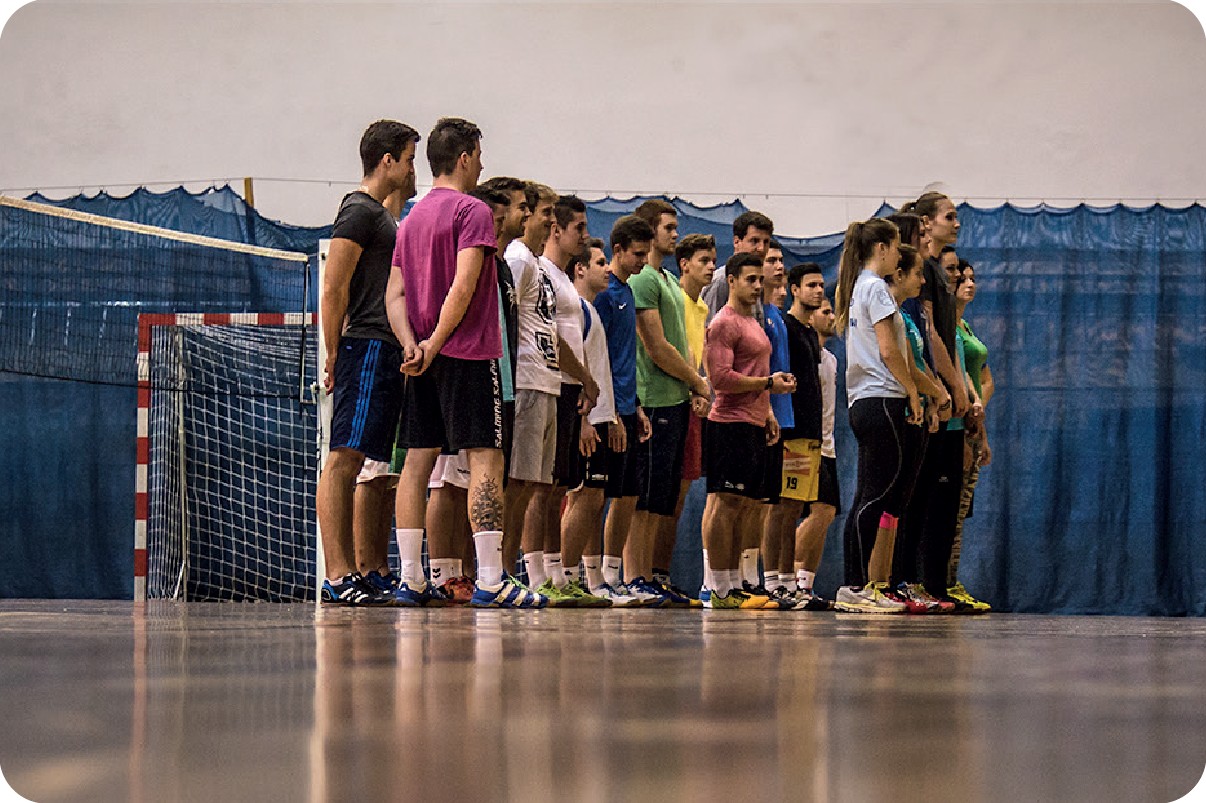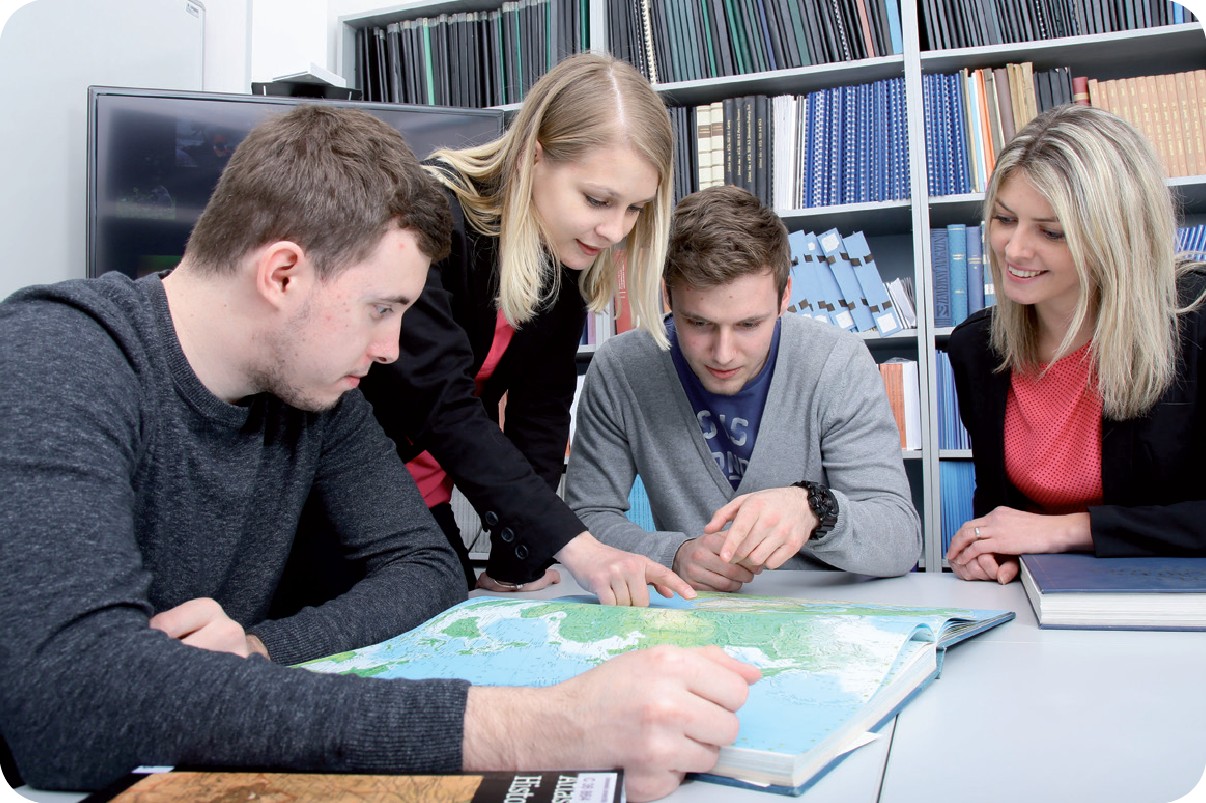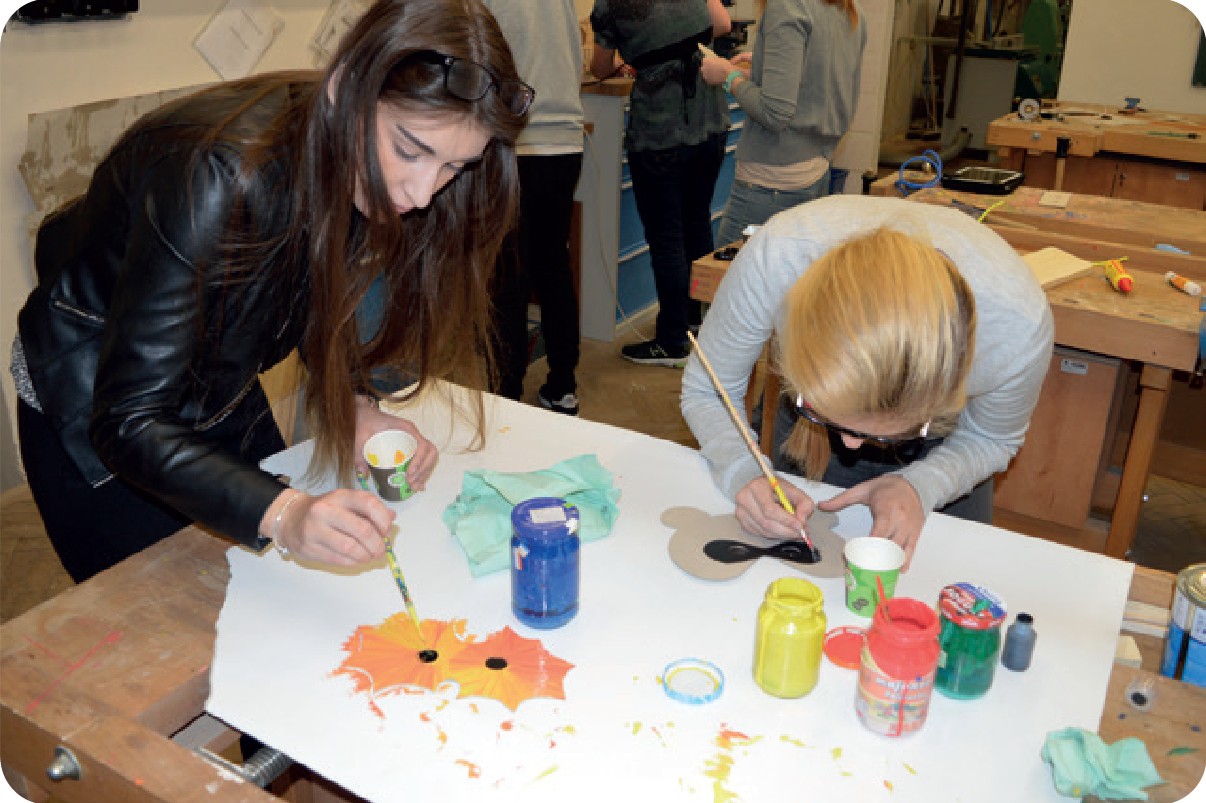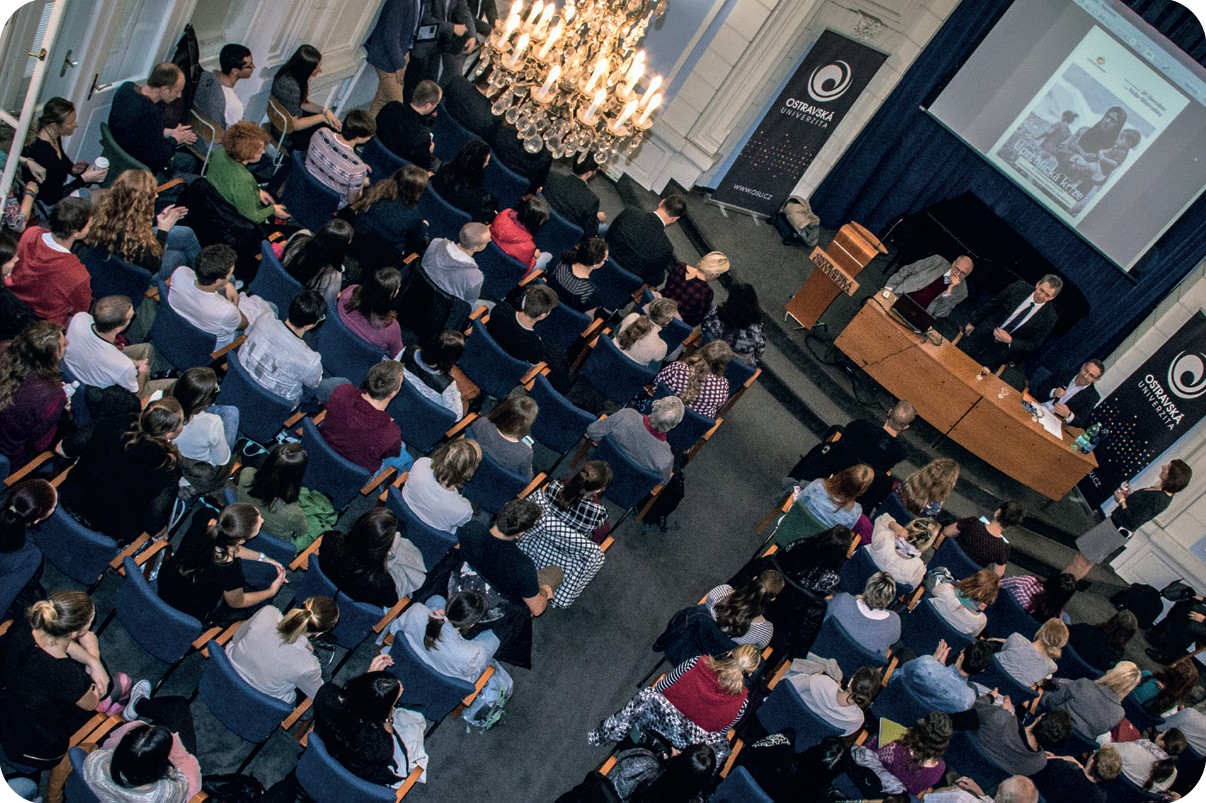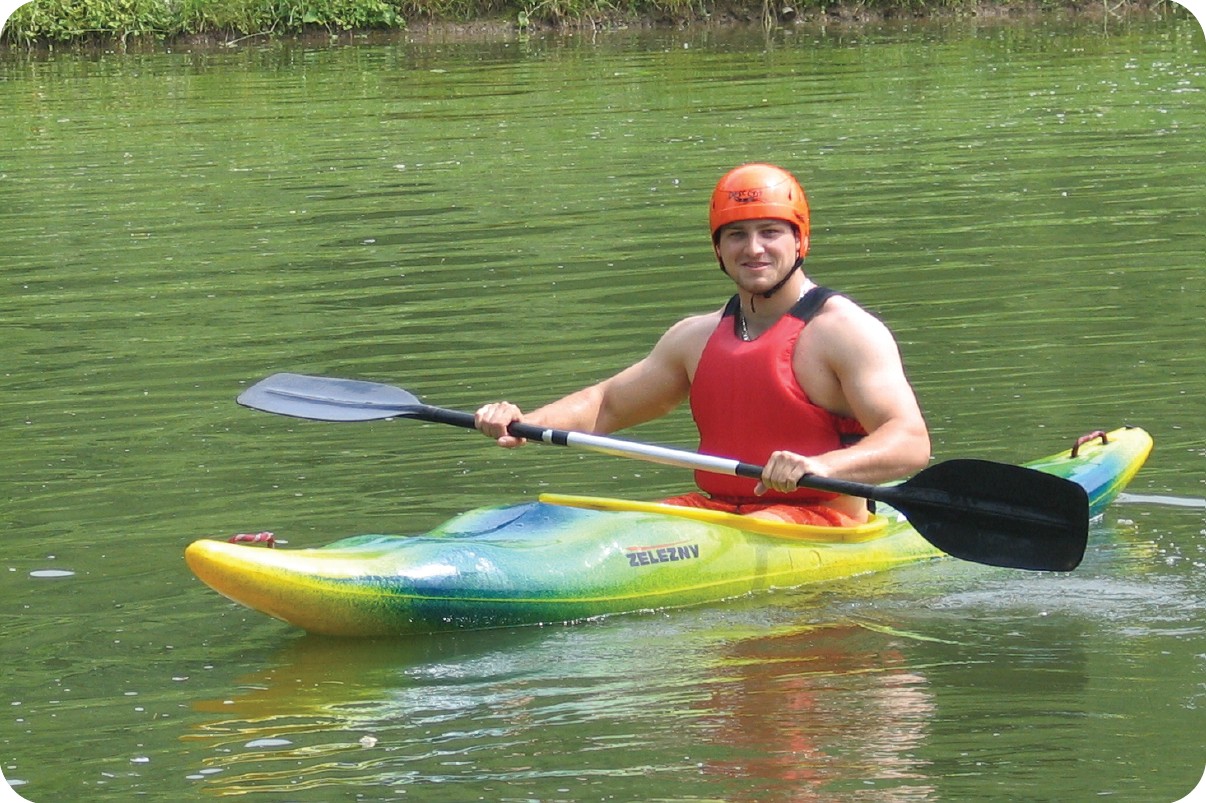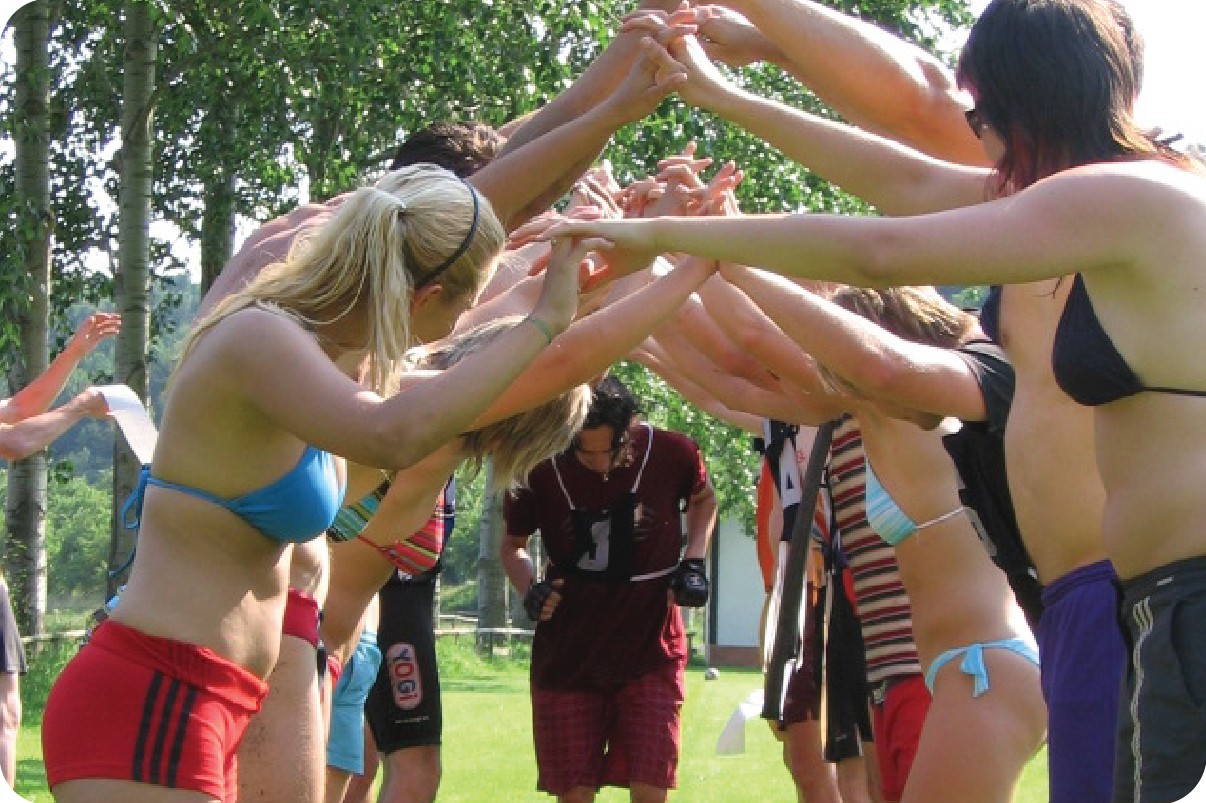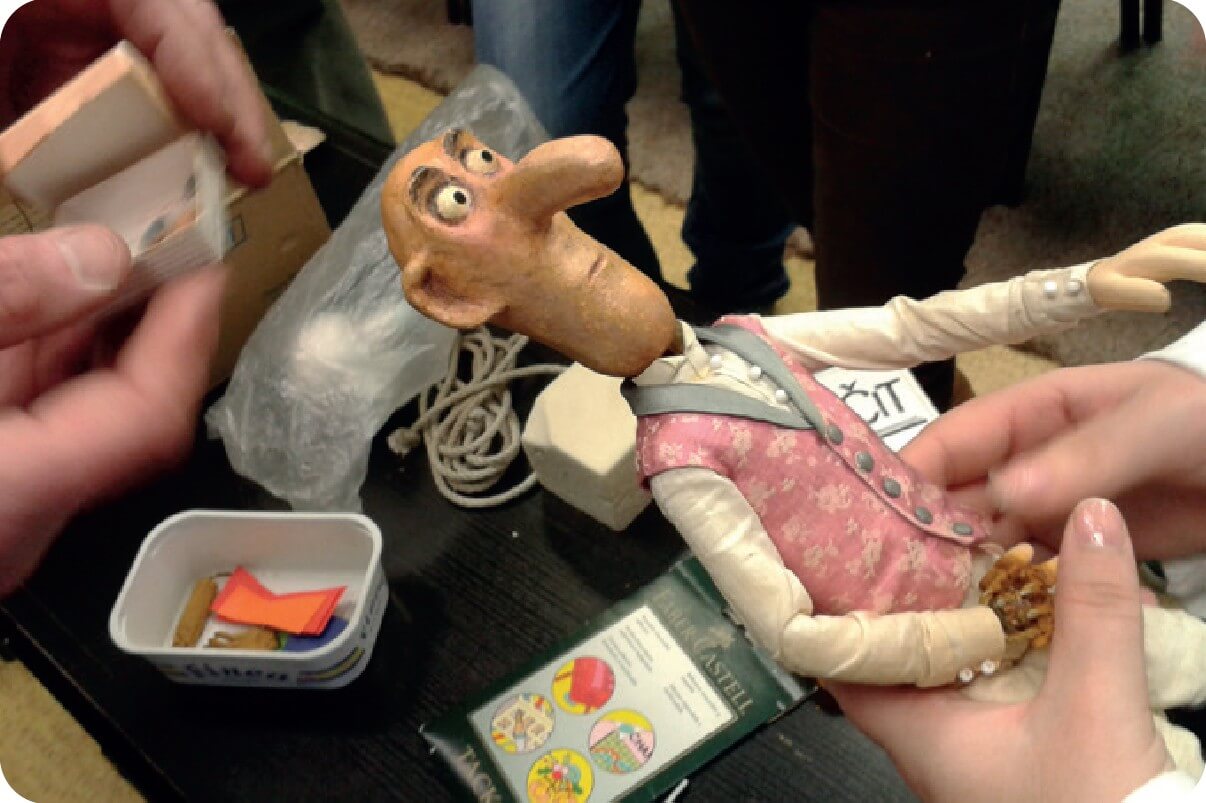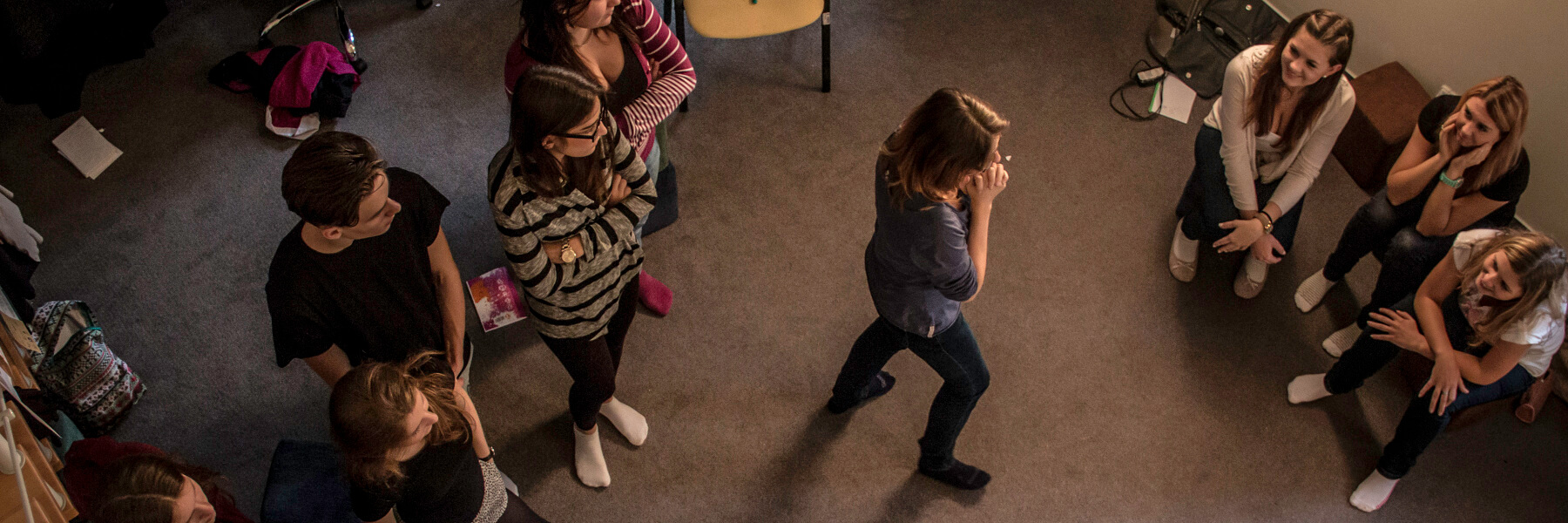

Welcome to the Faculty of Education
The Faculty of Education has a long tradition as a major education provider in the Ostrava region. It trains teachers for various types of schools, covering a broad range of different specialist fields and ensuring that the education system is equipped to meet the challenges of the modern era.
The Faculty cultivates close links with a network of schools and other educational institutions which enable students to gain hands-on practical experience of teaching during their studies. The partner schools are also directly involved in numerous research projects at the Faculty.
The Faculty has built up an extensive system of cooperation with a network of education providers and other institutions within the community. As part of this system, our students (including international students visiting the Faculty) work as volunteers at selected partner institutions. This is a valuable way for students to gain hands-on experience: it enables them to apply their theoretical knowledge in a practical setting and to play an active role working with children and young people.
Teaching and learning
The Faculty offers mainly teacher training degrees – both as full-time studies and in combined (part-distance) form.
At Bachelor level, students can choose from a range of degrees with a focus on education (Czech language, music education, choral education, art education, ICT, civics, technical education, health education, and physical education). Other degree subjects include adult education, pedagogy, social pedagogy, teacher training for specialist subjects, teacher training for preschools, special pedagogy, training for teaching assistants, and recreology.
The Faculty also offers four-year Master’s degrees (these are ‘long’ Master’s degrees, without the need for a prior Bachelor’s degree) in teaching for primary schools, and two-year Master’s degrees (following on from a Bachelor’s degree) training future secondary-level teachers of Czech language, music education, choral education, art education, ICT, civics, technical education, health education, sport and physical education, and specialist subjects. Other two-year Master’s degrees include preschool pedagogy, special pedagogy, and social pedagogy.
Doctoral students at the Faculty can choose from four programmes – Didactics of Czech Language and Literature, Music Theory and Pedagogy, Information and Communication Technologies in Education, and Kinanthropology.
The Faculty has around 3000 students in its standard degree programmes, plus a further 1000 people enrolled in various forms of extension studies, requalification courses and lifelong learning programmes. Another popular system is the University of the Third Age, which offers senior citizens a range of specially designed courses focusing on various fields – languages, psychology, finance, music, and more.
Many of the Faculty’s students take advantage of the opportunity to travel abroad on study stays as part of the EU’s Erasmus+ programme – with many international students coming to Ostrava as part of the same programme. International students can create their own customized study programme by choosing from a wide variety of courses taught in foreign languages by all departments at the Faculty.
Research
Research at the Faculty of Education is primarily carried out at four dedicated research centres:
The Human Motion Diagnostic Centre carries out research with the aim of improving motion techniques and performance in sports and physical education. Besides offering top-class research facilities for the Faculty’s staff and students, it also serves the wider community (including sports coaches and clubs) as a centre for sports performance diagnostics. Research at the Centre focuses primarily on anthropomotorics, biomechanics, physiology and functional anthropology.
The Centre for Research of Educational Processes incorporates and integrates research from a range of different disciplines – general and subject-specific didactics, special pedagogy, social pedagogy, and pedagogical psychology – harnessing the potential of interdisciplinary approaches through involvement in joint research projects. Current topics of research include the use of educational media to support the learning process, higher education pedagogy, and personal/social development for teachers and teacher training students.
The Centre for Studies of European Identity researches issues related to European and regional identity, historical awareness and European political developments including questions of coexistence within a modern pluralist society. The Centre focuses particularly on issues related to the history and contemporary culture of Central Europe, including changing perceptions of neighbouring nations as reflected in teaching materials and the attitudes of school students.
The Centre for Studies of Regional Musical Culture researches musical culture in the Ostrava region, exploring its sources of inspiration and tracing its links with the specific features of the region as a whole. The Centre also researches the history of music education and maps new trends in music education and psychology (including music education and music teaching didactics).
Research also plays an important role at other departments of the Faculty. Key issues include technical and environmental education, the integration of ICT into teaching methods, e-learning, media education, reading skills and literacy, integrative and inclusive education of people with special educational needs, education of socially excluded groups, resocialization and re-education, creativity in schools, and other topics.
Students of Master’s and doctoral programmes play an active role in research at the Faculty.
Why study at the Faculty of Education
- We have a long tradition of providing excellent teacher training and other fields of study
- We offer a broad range of degree subjects which can be studied in various combinations
- The Faculty is firmly rooted in the Ostrava region, and this is reflected in its research interests
- Students play an active role in research and other creative activities at the Faculty
- Students have the opportunity to do practical placements and volunteer work at various types of educational institutions
- The Faculty has 95 partnership agreements with institutions abroad (including 83 Erasmus+ agreements)
- International students can choose from a wide range of theoretical and practical courses taught in foreign languages

